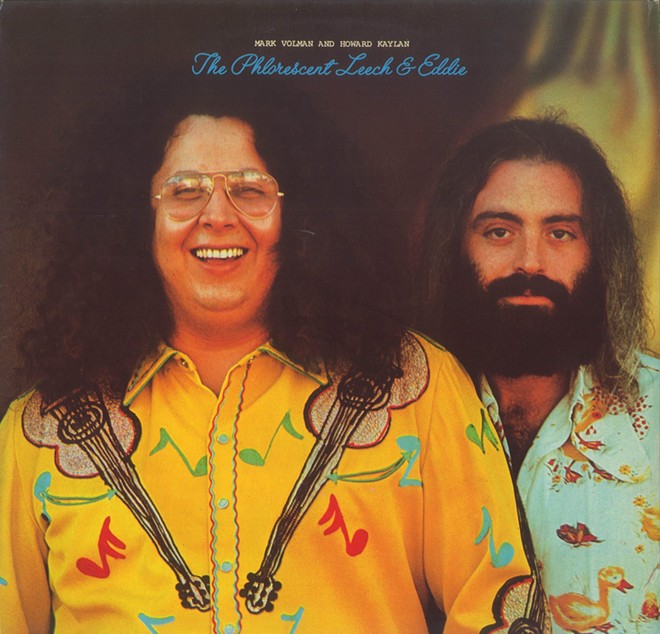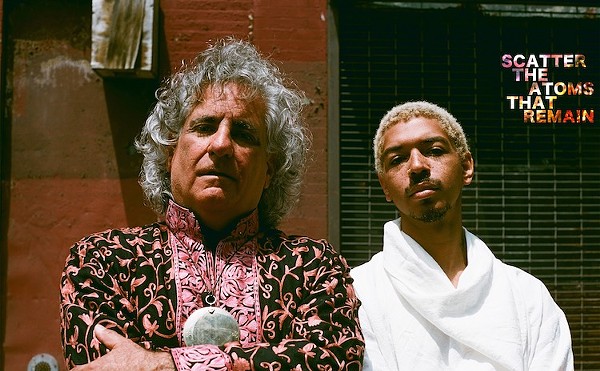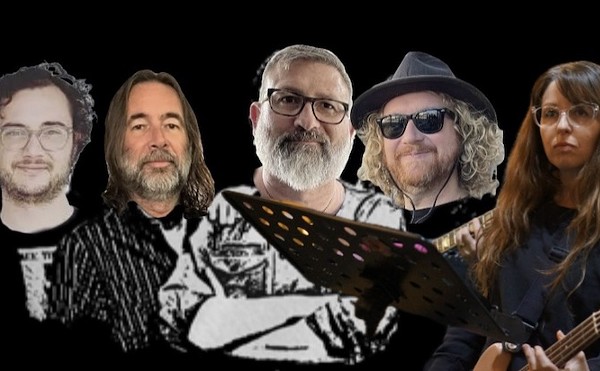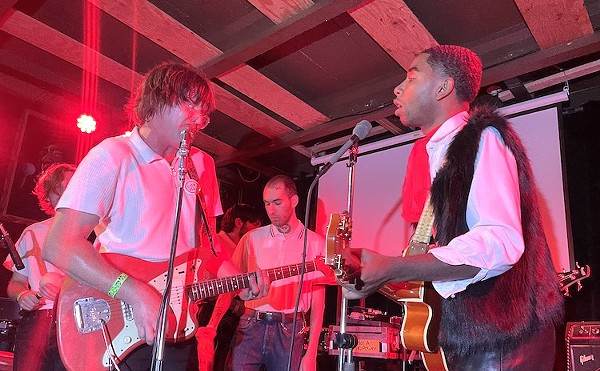The court unanimously sided with SiriusXM in a dispute about whether the satellite radio giant has to pay royalties to Flo & Eddie, a California-based company whose principals are Turtles vocalists Mark Volman and Howard Kaylan.
Flo & Eddie filed the Florida lawsuit in 2013 against SiriusXM and filed similar cases in New York and California.
The Florida lawsuit accused SiriusXM of infringing on what Flo & Eddie believed was a common-law copyright of songs by making “unauthorized public performances” of the pop group's hits.
But Thursday's ruling upheld a decision by a federal judge, who found that nothing in Florida statutes or common-law deals with copyrights of recordings that were made before 1972, when the federal Sound Recordings Act went into effect.
Flo & Eddie appealed, but the 11th U.S. Circuit Court of Appeals sent the case to the Florida Supreme Court, asking justices to decide, among other things, whether state common law recognizes a property right in sound recordings.Speaking to reporters outside the Florida Supreme Court, attorney Henry Gradstein accused SiriusXM of stealing Flo & Eddie's work.
tweet this
Florida law “has never previously recognized an exclusive right of public performance for sound recordings,” Justice Charles Canady wrote in Thursday's 35-page unanimous decision. Justice R. Fred Lewis concurred but did not sign on to the majority opinion.
“To recognize such a right for the first time today would be an inherently legislative task. Such a decision would have an immediate impact on consumers beyond Florida's borders and would affect numerous stakeholders who are not parties to this suit,” Canady wrote.
Canady noted that an appeals court, ruling in Flo & Eddie's New York lawsuit, said recognizing such a common-law property right would have “extensive and far-reaching” consequences that would “upset settled expectations” and impact the “many competing interests at stake.”
“We agree. Flo & Eddie essentially asks this (Supreme) Court to recognize an unworkable common law right in pre-1972 sound recordings that is broader than any right ever previously recognized in any sound recording,” Canady wrote. “Doing so would require this court to, among other things, ignore the lengthy and well-documented history of this topic — something we decline to do.”
During Supreme Court arguments in April, both sides repeatedly referred to a 1943 Florida case involving Charles Hoffman, a magician who was also known as "Think-a-Drink Hoffman." Hoffman, who made fancy drinks appear out of empty cocktail shakers and beakers filled with water, sought an injunction against Maurice Glazer, who went by the names "Think-a-Drink Count Maurice" or "Have-a-Drink Count Maurice."
Because a court in the Glazer case sided in part with Hoffman, the three-judge federal appellate panel found in Flo & Eddie's Florida challenge that "there is at least a significant argument that Florida common law may recognize a common law property right in sound recordings."
But the state court on Thursday rejected that argument, ruling that the Glazer decision “does not support the existence of a common law right of public performance for pre-1972 sound recordings.”
Even if it did, “Flo & Eddie still would not prevail,” Canady wrote.
“Glazer concluded that Hoffman's repeated public performances of the magic trick constituted a publication and dedication such that the general public had the 'lawful right to use' the trick,” he wrote.
Flo & Eddie's California case is pending, but SiriusXM in 2015 agreed to pay $210 million to five music companies to settle a separate California lawsuit over broadcasts of pre-1972 recordings.
Speaking to reporters outside the Florida Supreme Court in April, Henry Gradstein, a California attorney representing Flo & Eddie, accused SiriusXM of stealing the pop duo's product. The Turtles' hits in the 1960s included the tune “Happy Together.”
"That audio work has been played — not played, but taken — by SiriusXM and sold to and leased to 28 million subscribers with impunity and without a license. That's what this case is about. Can you do that? Is the simple sale of a piece of plastic on which the sound recording is embodied a license to play the record to 28 million subscribers, for free?" Gradstein said at the time.


















